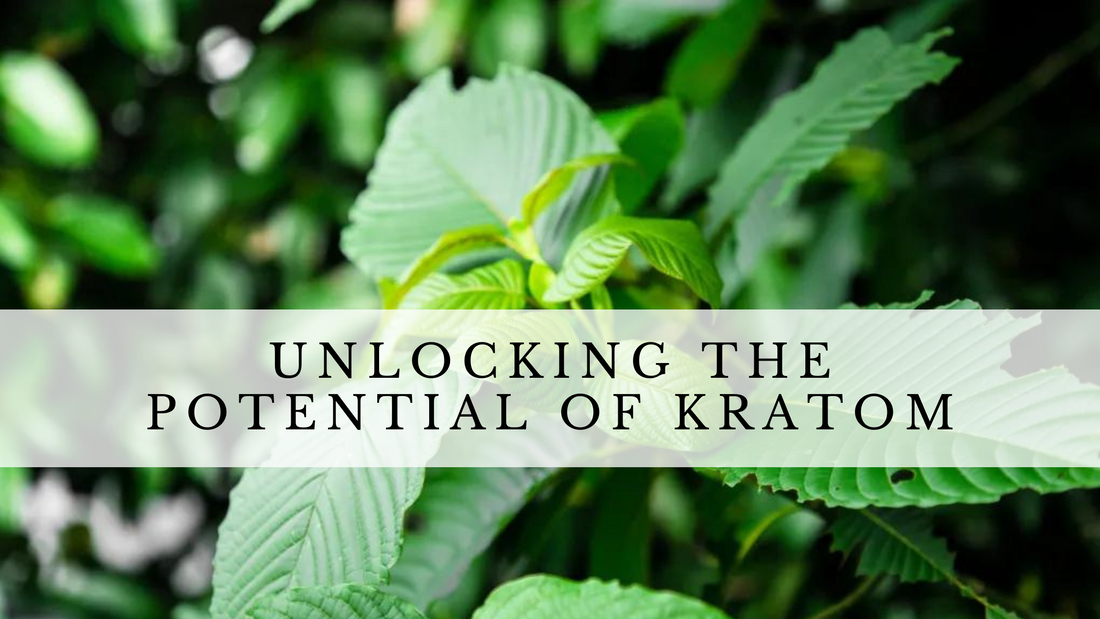Kratom, the botanical wonder known as Mitragyna speciosa, is a tropical tree native to the lush landscapes of Southeast Asia. In recent years, this remarkable plant has gained significant attention in the United States, finding its way into the lives of millions through online platforms and brick-and-mortar stores. This article delves into the multifaceted world of kratom, exploring its diverse applications, potential benefits, and the regulatory landscape that surrounds it.
Exploring kratom's diverse applications

Picture: https://www.tucsonlifestyle.com/
Kratom has emerged as a versatile botanical with a range of potential uses. People turn to kratom for self-treatment of various conditions, such as:
- Pain Management: Kratom's analgesic properties make it a popular choice for individuals seeking relief from chronic pain.
- Cough and Diarrhea Relief: Its antitussive and anti-diarrheal effects have been harnessed by those combating persistent coughs and gastrointestinal discomfort.
- Anxiety and Depression: Kratom is often explored as a natural remedy to alleviate symptoms of anxiety and depression.
- Opioid Use Disorder: Some individuals have turned to kratom as an alternative to traditional opioids for managing opioid use disorder.
- Opioid Withdrawal: Kratom has gained attention for its potential role in easing the challenges of opioid withdrawal.
The kratom landscape in the United States
According to the Substance Abuse and Mental Health Services Administration's National Survey on Drug Use and Health, approximately 1.7 million Americans aged 12 and older embraced kratom in 2021. However, it's crucial to understand the regulatory framework surrounding this botanical.
FDA's stance on kratom products
As of now, there are no FDA-approved drug products containing kratom or its primary chemical components, mitragynine and 7-hydroxymitragynine (7-OH-mitragynine), available on the U.S. market. The FDA has not granted approval for any prescription or over-the-counter drugs featuring kratom.
The FDA follows a rigorous evaluation process when considering new drug applications (NDA) for kratom or its components to treat specific medical conditions. Only when scientific data demonstrate the safety and effectiveness of kratom in addressing these conditions will the FDA consider approval.
Until such scientific data are available, the FDA advises against the use of kratom for medical purposes and continues to monitor emerging trends and research surrounding this botanical and its constituents.
Kratom as a dietary supplement: A complex matter
It's important to note that kratom is not suitable for use as a dietary conventional supplement. The FDA has conducted extensive research, which has led to the conclusion that kratom qualifies as a new dietary ingredient for which there is insufficient data to ensure its safety. Consequently, dietary supplements containing kratom are considered adulterated under section 402(f)(1)(B) of the FD&C Act.
Moreover, the FDA has determined that when added to food, kratom is an unsafe food additive under section 409 of the FD&C Act. Consequently, food products containing kratom are deemed adulterated under section 402(a)(2)(C)(i).
In summary, kratom cannot be legally marketed in the United States as a drug product, dietary supplement, or food additive in conventional foods.
For additional information on this topic or FDA's seizure alerts, please refer to the "Seizures and Injunctions" section on the FDA's official website.
Conclusion
Kratom has undeniably piqued the interest of many, offering a potential natural remedy for various conditions. However, the regulatory landscape surrounding kratom is complex and evolving. As we navigate this terrain, it's crucial to stay informed, exercise caution, and rely on verified sources for guidance on kratom and its applications in the United States.

